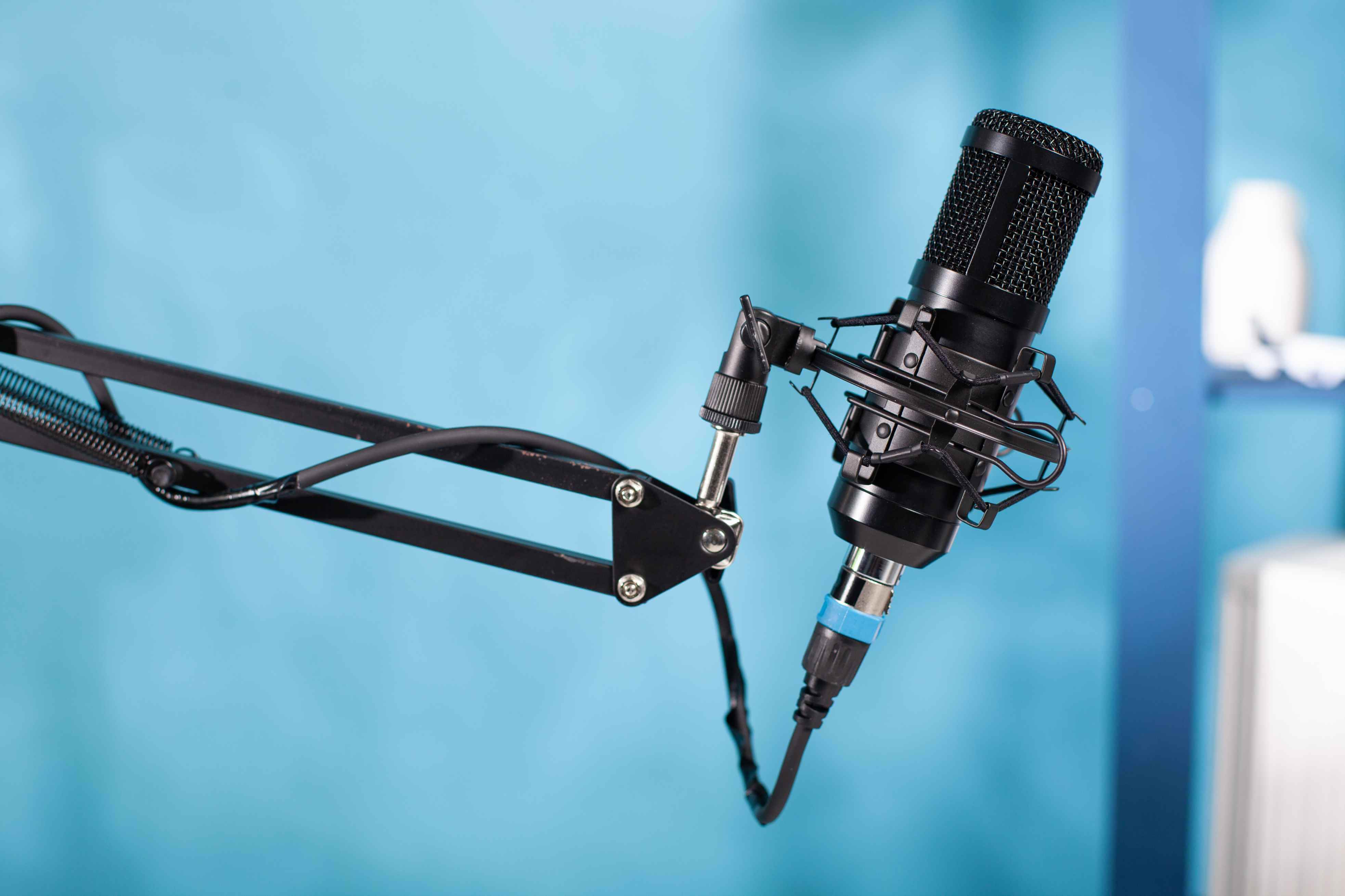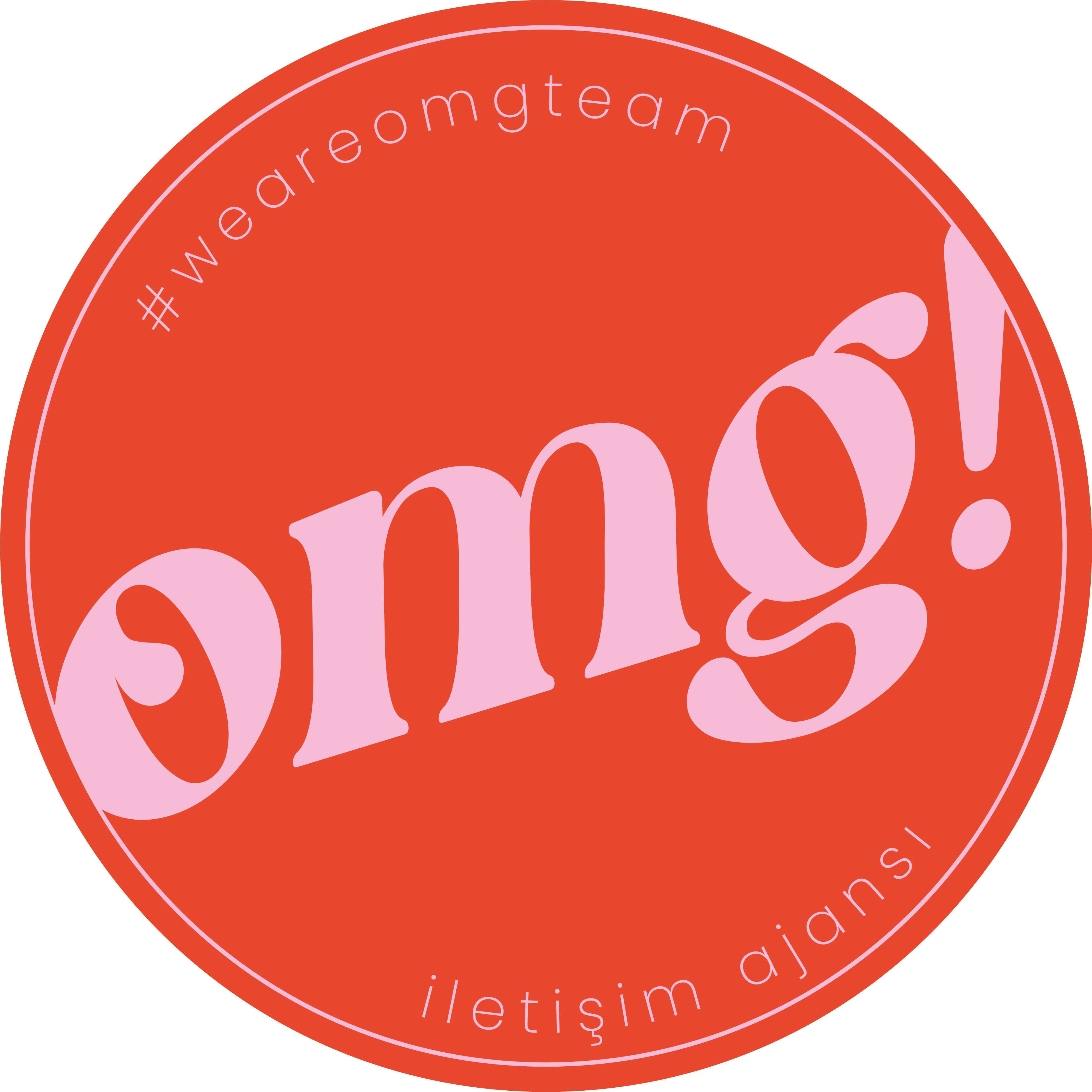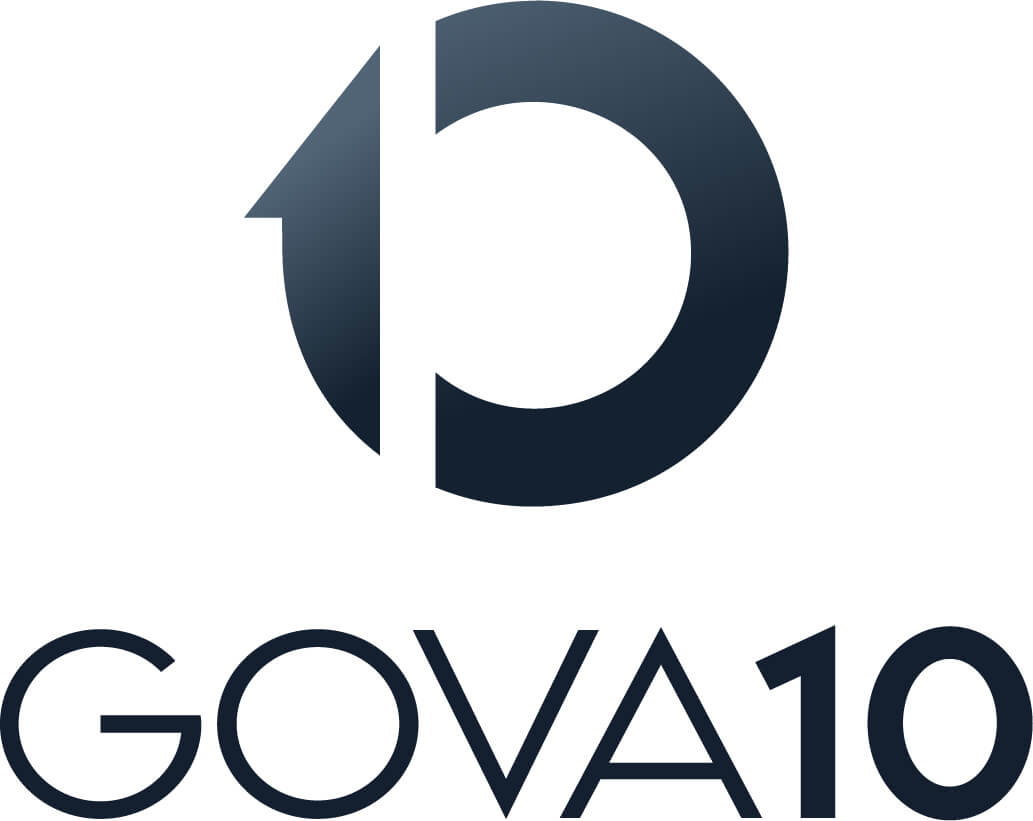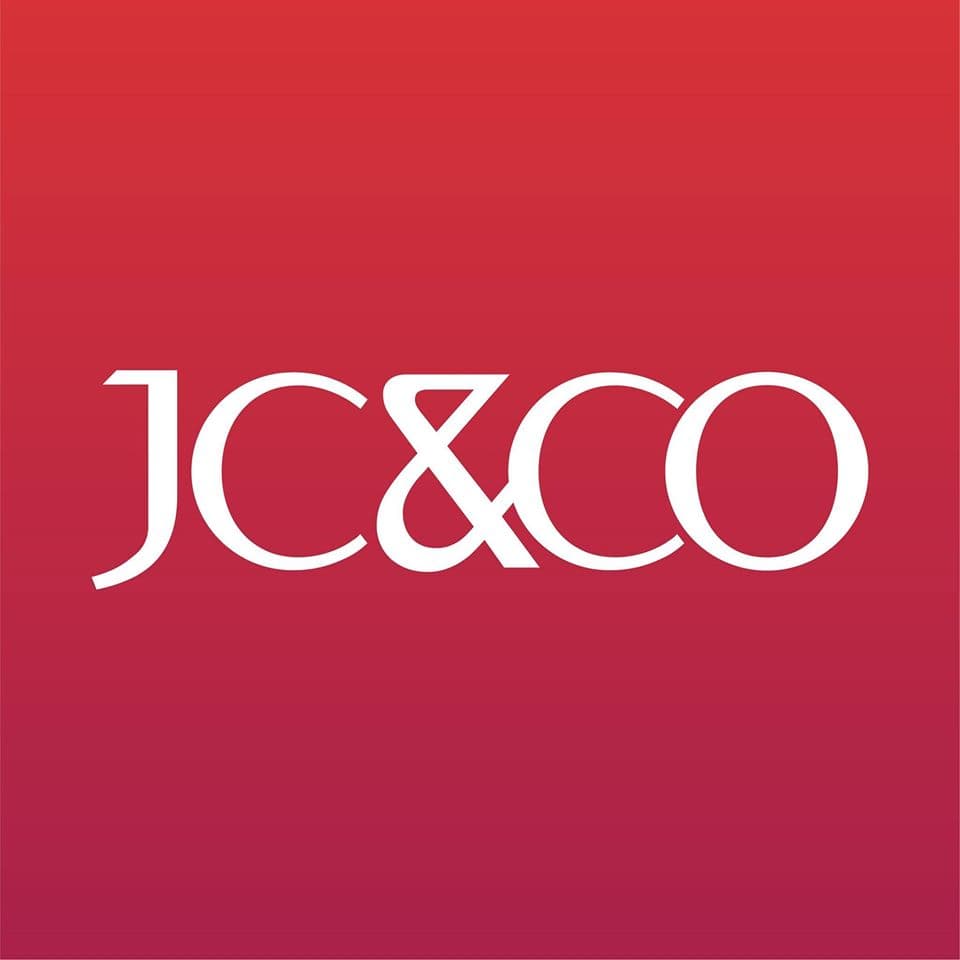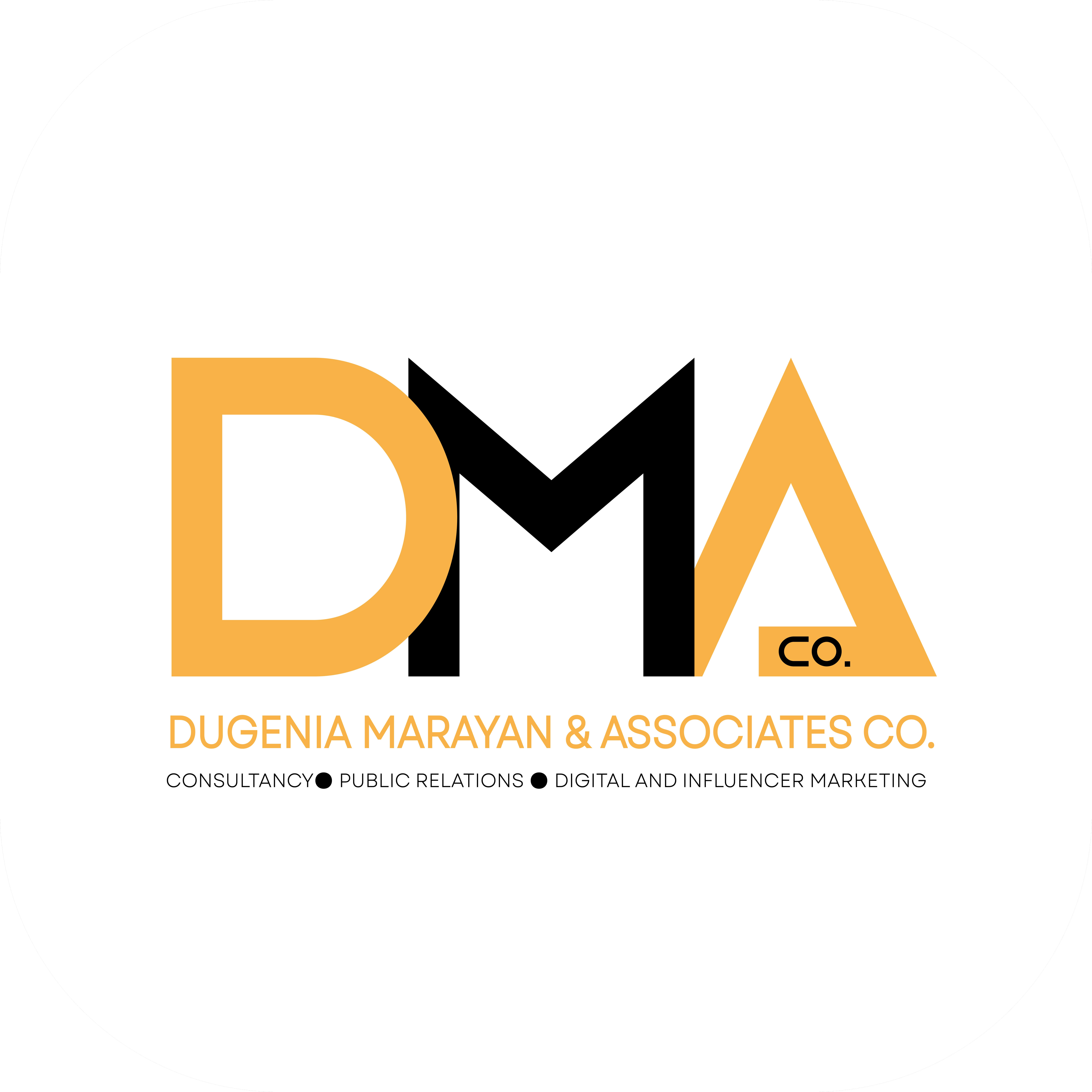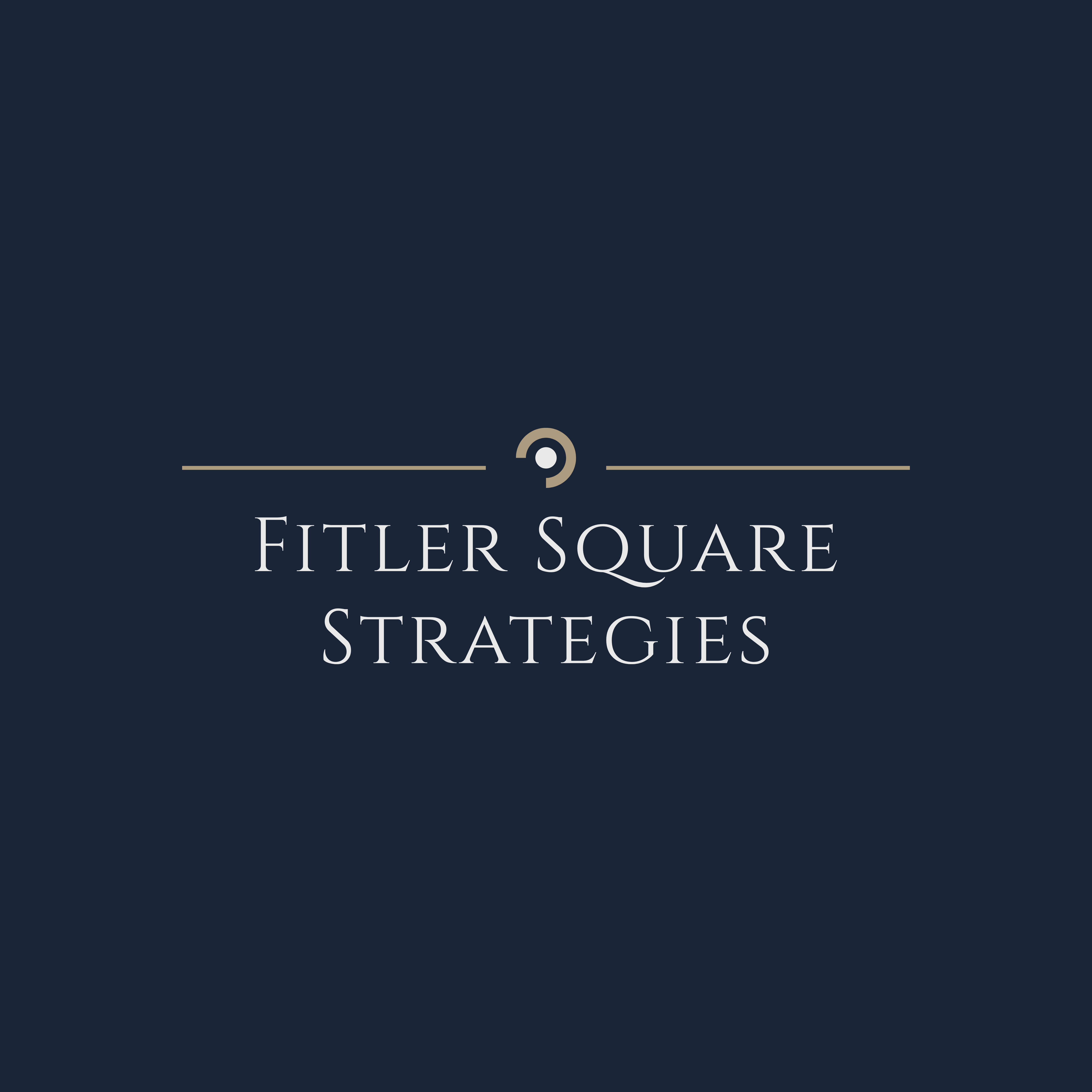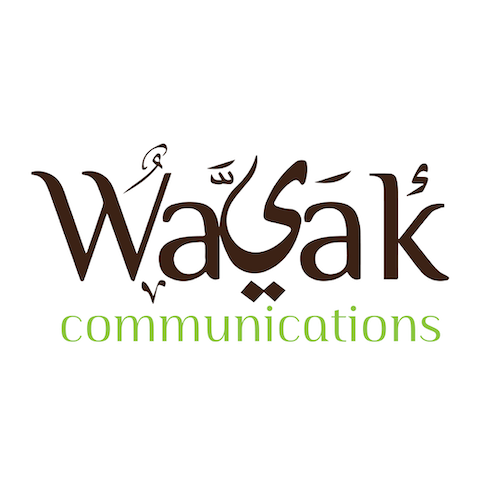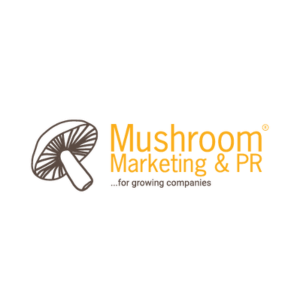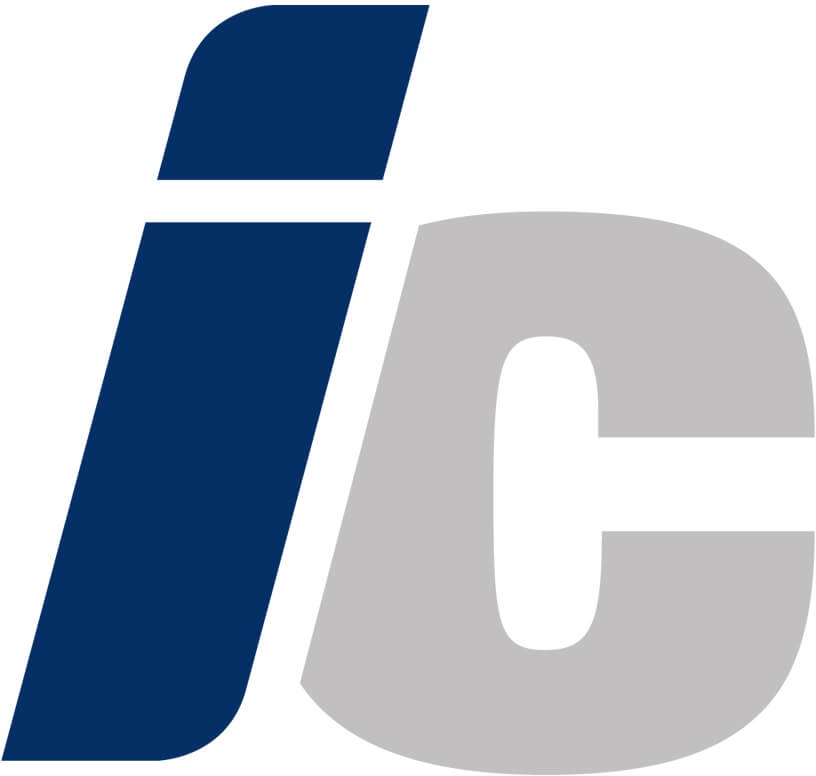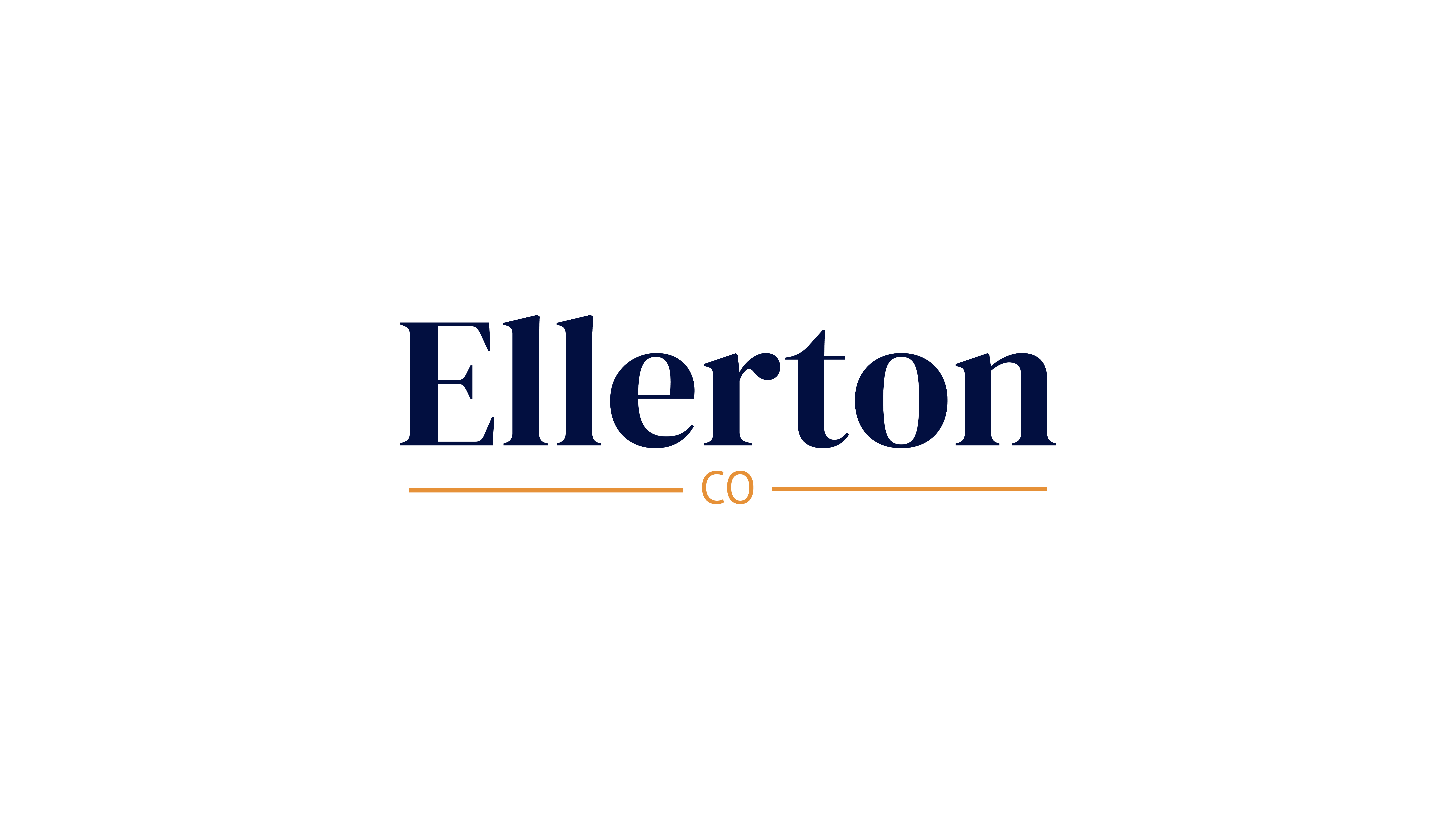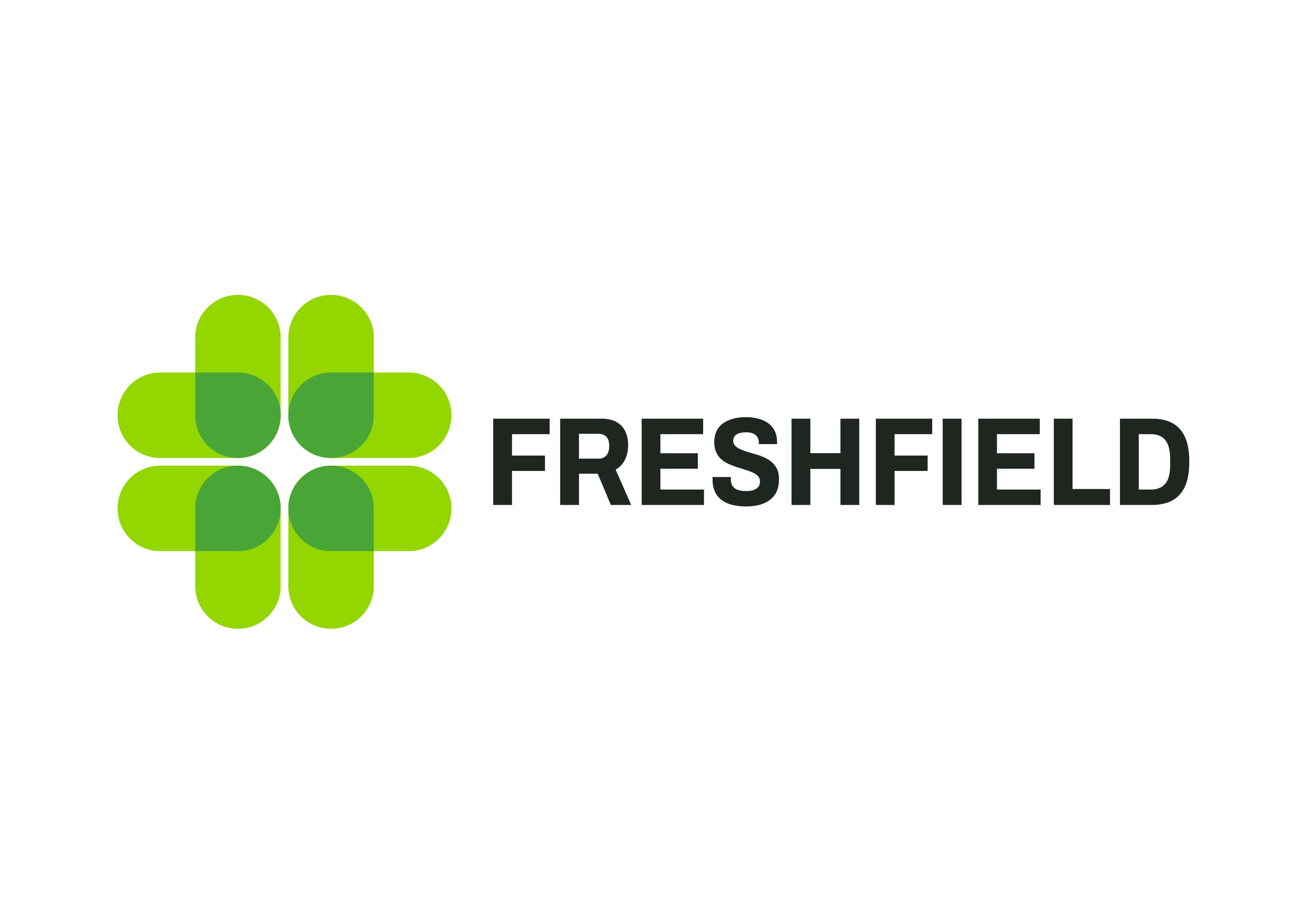What is Media Buying & Planning?
Marketers utilize media planning, a systematic process, to identify the best media outlets for promoting their goods and services. Finding the best approach to reach a target audience with a message that is both effective and efficient while maximizing return on investment is the primary objective of media planning. Additionally, understanding the media buying process is crucial as it engages audiences at every stage of ad buying along, increasing customer loyalty and conversions.
There are multiple crucial steps in the media buyer procedure. The media planner first uses behavioral, psychographic, and demographic data to identify the target population. Selecting the appropriate media outlets to effectively reach the target audience is aided by having a clear understanding of them. The planner then establishes the media objectives, which direct the choice of media sources and include reach (the total number of people who see the advertisement) and frequency (the total number of times each person is exposed to the advertisement).
Traditional media outlets like radio, television, newspapers, and magazines may be chosen, in addition to digital media like email marketing, social media marketing, and internet advertising. Every form of media has advantages and disadvantages of its own, and a good media strategy will frequently combine several media outlets to maximize their combined impact.
Allocating the money is another crucial factor, since planners have to choose how to split the advertising budget across the chosen media in order to acquire the greatest outcomes. Finally, following the campaign’s execution, media planners assess its success using metrics like audience reach, engagement, and conversion rates. Based on these findings, they modify their plans as necessary to maximize the effectiveness of subsequent campaigns. This iterative approach guarantees ongoing enhancement and efficacy in accomplishing targeted marketing objectives.
What is a Media Buying Agency & Planning Agency?
A media planning agency’s area of expertise is assisting companies in figuring out how best to market their goods and services using a variety of media platforms. The best media buying agencies help optimize ad spaces, maximize exposure, and target specific audiences through traditional and digital mediums. To guarantee that advertising campaigns reach their target demographic in the most efficient and economical manner possible, these companies offer professional analysis and strategic planning. In order to comprehend the target demographic’s media consumption patterns, customer behavior, and market dynamics, the best media buying companies and planning companies carry out a thorough investigation. They create a media strategy based on this data, which specifies the best times to run advertisements, which media platforms to employ, and how to split the budget among the various channels.
To negotiate and buy advertising placements, these agencies frequently collaborate closely with media purchasing companies or have an internal media buying services division. Leading media buying agencies specialize in securing optimal ad placements across digital and traditional media channels, ensuring high ROI and optimal results for businesses. Their knowledge encompasses digital and developing media channels in addition to classic media like radio, print, and television, offering a thorough approach to today’s advertising difficulties.
What does a Media Planning Agency Do?
By making certain that a brand’s message reaches the appropriate target audience at the appropriate time via the most efficient channels, a media planning firm plays a crucial part in the advertising process. First, the marketing agency conducts a thorough examination of the target audience’s behavioral, psychographic, and demographic traits. We can better grasp the target audience’s time-spending habits and media consumption patterns thanks to this analysis.
The agency uses this information to create a thorough media plan that identifies the most appropriate media outlets for the campaign. This plan involves choosing how much money to spend on advertising across a range of media, including print, radio, television, and digital (including social media and internet advertisements). Marketing firms offer expertise in media planning and buying, ensuring that the advertising budget is allocated efficiently across various platforms ad formats.
Additionally, in order to enhance and maximize both present and future media plans, media planning organizations use data insights to evaluate and assess the campaign performance. An improved return on investment for advertisers is provided by this ongoing cycle of planning, carrying out, and analyzing advertising.
What are the benefits of Media Planning?
To maximize advertising efforts and guarantee that campaigns are both efficient and cost-effective, media planning is crucial. A well-defined marketing strategy is essential in media planning as it helps align advertising efforts with overall business goals. The procedure offers numerous significant advantages:
-
Targeted Reach: Media planning enables marketers to pinpoint and comprehend their target market with accuracy. Media planners can select the best channels to reach these groups by examining behavioral, psychographic, and demographic data. The campaign’s total effectiveness is increased since this tailored approach makes sure that marketing efforts are concentrated on potential clients who are most likely to respond.
-
Cost-Effectiveness: An organized media plan facilitates more economical advertising budget allocation. The optimal combination of media channels is selected by planners to optimize reach and minimize expenses, guaranteeing that every dollar spent helps to accomplish campaign objectives. This is crucial in managing marketing costs, particularly for businesses with limited budgets.
-
Greater return on investment: By carefully putting advertisements where they would be most effective, media planning raises the possibility of increased engagement and conversion rates. Because more accurate targeting encourages the audience to take relevant action, this improves return on investment.
-
Complete Analysis and Flexibility: Media planning involves ongoing campaign performance analysis and monitoring in addition to the placement of advertisements. Businesses may make well-informed decisions and promptly modify their plans in response to audience feedback and shifting market conditions thanks to this data-driven strategy.
All things considered, media planning is an essential instrument in the toolbox of the contemporary advertiser, helping each campaign aim to optimize effectiveness and impact.
Leading Media Planning Agencies by Regions
Popular Media Buying Agencies in the USA
The US media planning advertising agency industry is diversified, with a wide range of businesses operating there, from boutiques catering to specialized niches to major multinationals overseeing media buys for some of the popular names in the world. These agencies help businesses buy ad space on various media channels, either traditionally or programmatically, to create marketing campaigns and achieve high ROI. Major media and advertising hubs like New York City, Los Angeles, and Chicago are typically home to a large concentration of these agencies. The popular agencies provide integrated services encompassing internet, print, television, and out-of-home advertising and are frequently a part of bigger marketing or communications organizations. To efficiently target particular audience segments and optimize media spend, they employ data-driven tactics and advanced analytics.
Smaller, more specialized firms also prosper by concentrating on particular sectors of the market or by providing extremely customized services that cater to particular clientele or markets. These organizations pride themselves on being innovative; many are pushing the limits of traditional media planning by fusing cutting-edge technology like machine learning and artificial intelligence to improve targeting and boost return on investment for advertisers. The industry’s dynamic nature fosters a competitive environment that rewards proficiency in digital trends, customer behavior analysis performance marketing,, and creative strategy.
Premier Media Buying Companies in the Europe
Premier Media Planning agencies are renowned for their strategic acumen and inventive ideas in the advertising sector throughout Europe. These agencies serve a broad spectrum of clients, from local start-ups to multinational enterprises, and are dispersed throughout major European capitals like London, Paris, Berlin, and Rome. The capacity of European media strategists to incorporate multicultural insights into advertisements, catering to the varied languages and cultural subtleties of the continent, is especially well-known.
Top agencies in Europe are frequently distinguished by their extensive knowledge of both digital and conventional media. Their expertise lies in crafting campaigns that skillfully combine offline and online tactics, capitalizing on Europe's vast digital network. These organizations frequently take the lead in the use of cutting-edge tools like data analytics and programmatic advertising, which enable accurate targeting and campaign efficacy monitoring.
Additionally, as European interest in environmental and social issues grows, sustainability and ethical advertising are becoming more and more prominent topics. This has led media planning and public relations agencies to innovate their approach to both messaging and the mediums they use, ensuring their practices are aligned with wider societal values. These agencies play a critical role in determining how companies interact with customers in various European regions.
Top-Tier Media Planning Agencies in the UK
Top-tier media planning companies in the UK are leading the way in the advertising sector by fusing cutting-edge digital tactics with traditional knowledge. These agencies are primarily located in London, which is the center of the creative industry in the UK, but they are also well-represented in other large cities including Manchester and Edinburgh. Distinguished by their strategic savvy, these companies leverage the UK's sophisticated digital infrastructure and varied media environment to address a wide range of issues, from global campaigns to focused local advertising.
By skillfully utilizing data analytics and consumer insights to boost campaign performance and return on investment, these top agencies set themselves apart. They are in the forefront of implementing cutting-edge technology like machine learning and artificial intelligence to enhance media buying and targeting procedures. Moreover , they are deeply involved in developing integrated campaigns that span across digital, print, television, and outdoor advertising, ensuring cohesive and engaging brand messaging.
Top-Ranked Media Planning Agencies in the Canada
Leading media planning firms in Canada are renowned for their creative thinking and proficiency in both domestic and foreign markets. These agencies, which are primarily located in Toronto, Vancouver, and Montreal, are experts in using Canada's rich cultural diversity to produce memorable and successful advertising campaigns. To increase the effectiveness of their efforts, they combine traditional media outlets with state-of-the-art digital platforms, utilizing sophisticated analytics and strategic insights. Along with their dedication to sustainability and ethical advertising, these top agencies support Canada's ideals of environmental responsibility and diversity. They play a crucial role in determining how brands interact with Canadian consumers because of their strategic capabilities.
Leading Media Planning Agencies in the Australia
Leading Australian media planning firms are distinguished by their profound comprehension of local and international market dynamics, along with their formidable strategic acumen. These agencies, which are primarily located in big Australian cities like Sydney, Melbourne, and Brisbane, specialize in developing compelling media strategies that connect with a wide range of Australian consumers. In order to enable focused and efficient media campaign execution, they make use of a diverse range of traditional and digital media platforms, as well as state-of-the-art data analytics and insights into consumer behavior. Australian agencies are very skilled at fusing media purchasing and creative content to create cohesive stories that flow across several platforms. Their leadership in digital marketing trends, such as influencer partnerships, social media campaigns, and mobile advertising, is a reflection of Australia's high internet usage and technologically savvy customer base.
Top Media Planning Agencies in the Asia
Asia's top media planning firms are known for their strategic creativity and flexibility; they work in a region with a wide range of cultures, languages, and quickly evolving digital landscapes. These organizations, which are mostly based in large cities like Singapore, Mumbai, Tokyo, and Shanghai, are excellent at developing very localized tactics that are also effective on a global level. They make use of sophisticated analytics, comprehensive consumer insights, and an integrated approach to media planning that incorporates the newest digital and traditional media technology.
Asia is a mobile-first region with significant digital engagement, and these major companies are leaders in mobile marketing, e-commerce, and social media campaigns. Additionally, they concentrate on cross-platform initiatives that guarantee engagement and brand coherence across various media platforms. With a keen eye on the latest trends and consumer behaviors, these agencies are adept at delivering innovative solutions that drive brand growth and adapt to the dynamic and competitive Asian market.
Best Media Planning Agencies in the Mena
The top media planning firms in the Middle East and North Africa, or MENA, are renowned for their proficiency in negotiating the distinct media and cultural environments of this multicultural area. These elite agencies are typically found in big cities like Cairo,Tel Aviv, Dubai, and İstanbul. They successfully tap into a region that is characterized by a young, tech-savvy populace with high rates of social media usage by fusing traditional media roots with contemporary digital techniques.
These top MENA agencies employ consumer insights and cutting-edge data analytics to craft highly targeted, culturally relevant advertising. They excel in incorporating regional differences into global strategy so that advertisements are relevant both locally and worldwide. Leading MENA agencies are also at the forefront of utilizing new technologies like AI and programmatic advertising to maximize media buys and improve campaign outcomes. Their creative methods assist companies in connecting with consumers in a meaningful way throughout the varied and ever-changing MENA marketplaces.
Why work with a Media Planning Agency?
Engaging with a media buying services and planning agency presents a multitude of advantages for companies seeking to maximize their advertising tactics and attain superior outcomes. A media buying company, with its industry experience and budget management skills, plays a crucial role in providing media planning services. The following are some compelling arguments in favor of working with a media planning agency:
Media planning organizations have a plethora of information and expertise spanning several media markets and channels. Because of their background, they are able to handle the intricacies of media buying, from identifying market trends to comprehending the subtle differences between various platforms. This knowledge might be especially helpful to companies without internal media planning resources.
Access to Cutting-Edge Tools and Technologies: These organizations frequently have access to cutting-edge software and tools for analytics and media planning. With the use of these technologies, it is possible to segment audiences in great depth, model the media mix, and measure performance. These insights may be used to improve campaign efficacy and modify strategy.
Cost-effectiveness: Due to their connections with publishers and networks, media planning ad buying companies are able to bargain for cheaper prices and offer more advantageous ad placements. Their capacity to purchase media space in large quantities or to capitalize on established alliances frequently leads to reduced expenses and improved placement for their customers.
Strategic Planning: By creating detailed media plans that incorporate a range of channels and techniques, agencies can make sure that every component of the advertising strategy functions as a whole. This strategic approach helps in achieving broader marketing objectives and can drive higher ROI.
Time Efficiency: Organizing campaigns and managing media purchases can take a lot of time. Businesses can free up internal resources and concentrate on core operations like product development or customer service by contracting out these responsibilities to a specialist agency.
Measurement and Optimization: In addition to initiating campaigns, media planning firms also keep a close eye on their results. They improve campaigns in real-time using data-driven insights, modifying their methods as necessary to maximize outcomes.
All things considered, working with a media planning agency can yield major financial, operational, and strategic advantages, which makes it a desirable choice for companies trying to boost their advertising budgets.
Average Costs of Media Planning Agencies by Country
|
Country
|
Average Cost
|
|
United States
|
$3,000 to $25,000
|
|
United Kingdom
|
$2,000 to $15,000
|
|
Ireland
|
$2,500 to $18,000
|
|
Canada
|
$2,000 to $15,000
|
|
Australia
|
$2,000 to $15,000
|
|
France
|
$2,500 to $20,000
|
|
Bulgaria
|
$1,000 to $8,000
|
|
Greece
|
$1,500 to $12,000
|
|
Belgium
|
$2,500 to $20,000
|
|
Sweden
|
$2,500 to $20,000
|
|
India
|
$1,000 to $10,000
|
|
China
|
$2,500 to $20,000
|
|
Turkey
|
$1,500 to $12,000
|
|
Netherlands
|
$3,000 to $22,000
|
|
Poland
|
$1,500 to $12,000
|
|
Germany
|
$3,000 to $25,000
|
|
Spain
|
$2,000 to $18,000
|
|
Italy
|
$2,000 to $18,000
|
|
Brazil
|
$1,500 to $12,000
|
|
New Zealand
|
$2,000 to $15,000
|
|
Egypt
|
$1,000 to $8,000
|
|
South Africa
|
$1,500 to $12,000
|
|
United Arab Emirates
|
$3,000 to $25,000
|
| |
|
How to Choose the Right Media Planning Agency?
Selecting the best media planning agency requires careful consideration of a number of crucial factors. Assessing the agency's background and performance in your sector or with comparable advertising goals should come first. Seek for case studies with good outcomes and a robust portfolio. Second, assess their capacity to offer in-depth analysis and data-driven tactics, as well as their access to sophisticated analytics tools. In order to negotiate the best pricing, it's also critical to make sure they have strong ties with other media buyers and outlets. Assess communication and customer service standards as well. A responsive agency that aligns with the culture and values of your business can greatly enhance cooperation. Lastly, think about scalability: when your company expands, will they be able to satisfy your present and future needs?
Questions to Ask Before Hiring a Media Planning Agency
When choosing a media agency partner who can support your business objectives and provide the outcomes you require, you can make an informed decision by asking the proper questions when contemplating hiring a media strategy agency. Before choosing a choice, consider the following fundamental inquiries:
You can gain insight into the agency's capacity to tackle particular difficulties by learning about their level of market familiarity.
This will enable you to assess the tactics' efficacy and success rates in actual situations.
Being familiar with the technology and tools the firm utilizes will show that they are adept at efficiently managing and optimizing campaigns.
It's critical to comprehend the metrics they employ to assess the success of their campaigns and make sure they complement your company's objectives.
Find out how they divide and maximize funds among various media platforms in order to obtain the best return on investment.
Building a relationship and understanding the knowledge of the staff that will oversee your campaigns directly can be achieved by getting to know them.
This inquiry will assist you in assessing the agency's level of initiative in adjusting to the changing media environment.
How Long Does the Media Buying Process Take?
Depending on the intricacy and size of the advertising campaign, the length of the media planning process might vary greatly. The media planning stage of a basic campaign can take several weeks, giving ample time for media selection, audience research, and strategy formulation. However, the procedure may take many months for more extensive or multi-channel campaigns. This extended period of time for more thorough plan development, in-depth market analysis, and synchronization across multiple media platforms. In addition, the total timing of the media planning process can be impacted by elements like budget negotiations, client approval requirements, and alignment with larger marketing initiatives.
List of Total Number of Media Planning Agencies by Country
|
Country
|
Count
|
|
United States
|
2000 - 3000
|
|
United Kingdom
|
1000 - 1500
|
|
Ireland
|
100 - 200
|
|
Canada
|
500 - 700
|
|
Australia
|
400 - 600
|
|
France
|
800 - 1000
|
|
Bulgaria
|
50 - 100
|
|
Greece
|
100 - 200
|
|
Belgium
|
150 - 250
|
|
Sweden
|
200 - 300
|
|
India
|
700 - 900
|
|
China
|
1500 - 2000
|
|
Turkey
|
300 - 500
|
|
Netherlands
|
200 - 400
|
|
Poland
|
200 - 300
|
|
Germany
|
1000 - 1200
|
|
Spain
|
400 - 600
|
|
Italy
|
500 - 700
|
|
Brazil
|
400 - 600
|
|
New Zealand
|
100 - 150
|
|
Egypt
|
150 - 250
|
|
South Africa
|
200 - 300
|
|
United Arab Emirates
|
150 - 250
|
| |
|
FAQ About Media Planning Agencies
How to Develop an Effective Media Planning Strategy
To guarantee that advertising campaigns reach the right target audience, at the right time, through the right channels, and within budget, developing a successful media planning strategy entails taking a methodical approach. This is a detailed how-to for writing an effective media plan:
Establish Your Goals: Whether your goal is to increase sales, generate leads, or raise brand awareness, start by outlining exactly what you hope to accomplish with your campaign. Setting SMART (specific, measurable, attainable, relevant, and time-bound) goals is crucial.
Know Your Target Audience: Perform in-depth research to learn about the behaviors, media consumption patterns, psychographics, and demographics of your target audience. To find the most efficient ways to contact them, this information is crucial.
Select the Correct Media Channels: Using the information you have gathered from your target audience study, select the media channels that will best reach your target audience with your message. Depending on where your audience is most active, you should think about combining digital (social media, PPC, email) and conventional (TV, radio, print) platforms.
Budget Allocation: Choose your paid media and outlets wisely and divide your budget among them. Take into account variables including the reach, cost, and efficacy of your channel in achieving your marketing objectives.
Establish a Timeline: Plan out the campaign's execution, including the days and times your advertisements will run. Your campaign's efficacy can be significantly impacted by timing, particularly if it coincides with specific occasions or seasons.
Monitor and Adjust: After your campaign is live, keep an eye on how it's doing in relation to your objectives. Track engagement and conversions via analytics, and be ready to modify your plan as necessary to maximize outcomes.
Assess the Campaign: Following its conclusion, assess the campaign's overall efficacy in light of its original objectives. Examine what succeeded, what failed, and why. The results of this evaluation will help to improve media planning initiatives in the future.
By following these guidelines, you can develop a media planning strategy that maximizes return on investment and reaches your target demographic while also improving the overall success of your marketing initiatives.
Should I hire a Media Planning agency or work freelance?
The choice between hiring freelancers or using a media planning agency will rely on your campaign's complexity, budget, and unique requirements.
Media Planning Agency: An agency can offer in-depth knowledge and resources if you require thorough, continuous media planning across several platforms. Agencies provide access to cutting edge tools, strategic information, and pre-existing connections with media companies. They are more suited to companies seeking full-service solutions and long-term collaborations because they can manage massive campaigns.
Freelance Media Planner: For independent contractors, small companies, or those with less complex campaign requirements, this could be a more affordable choice. They can provide individualized care and flexibility. Managing several freelancers for various facets of media planning can be challenging, and freelancers may not have as much access to resources and tools as agencies have.
To choose the ideal decision for your company, take into account your campaign objectives, your financial limits, and the amount of skill needed.
